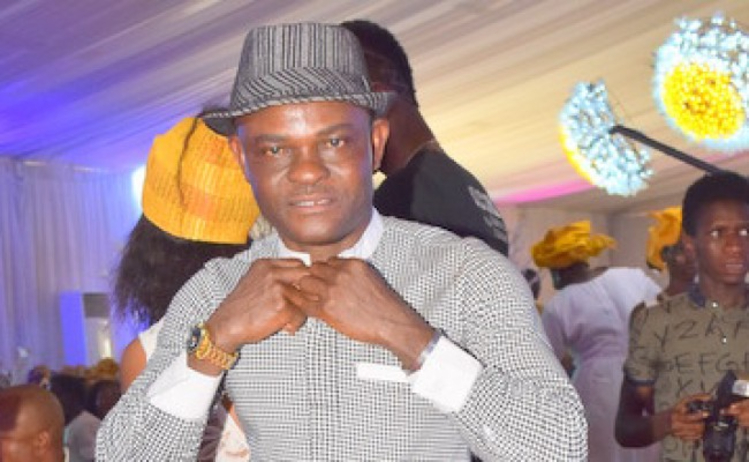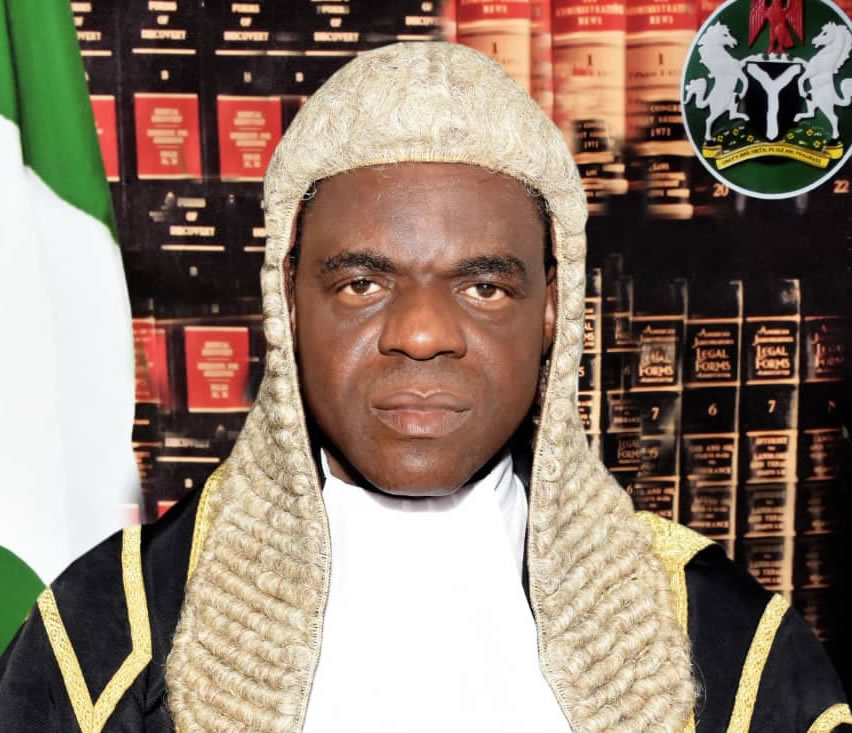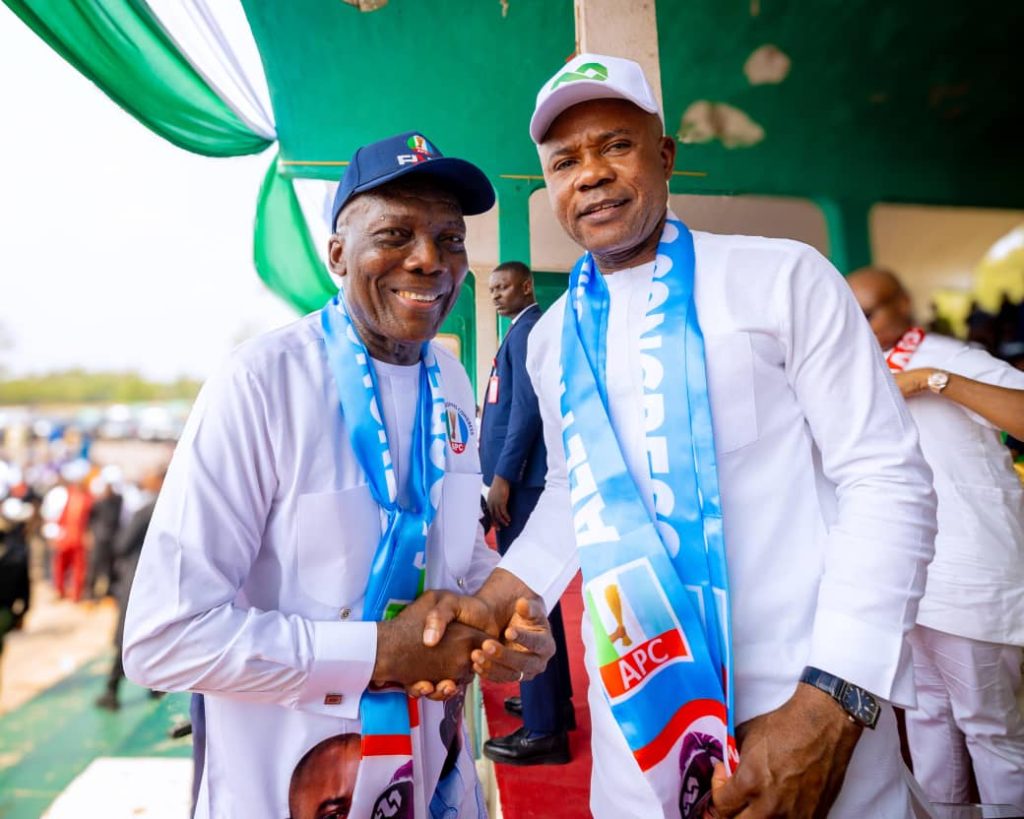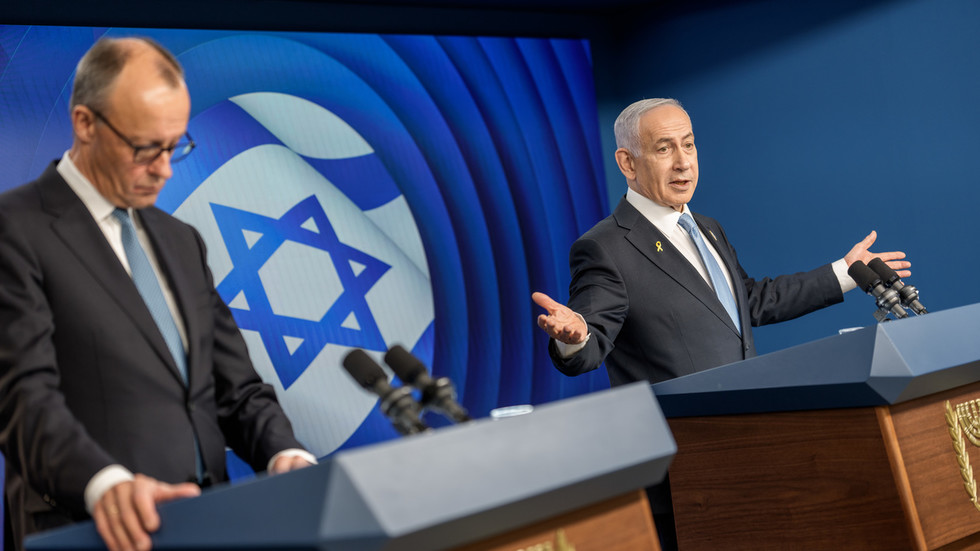Reno Omokri, a prominent socio-political activist, recently voiced his support for the Kogi State Governor-elect, Usman Ododo, in light of his gesture to kneel before his predecessor, Yahaya Bello, following his triumph in the recently concluded governorship election in the state.
Drawing a parallel with a historical anecdote, Omokri underscored that the late former President Musa Yar’Adua, together with his wife and mother, knelt before ex-President Olusegun Obasanjo following his victory in the presidential election. This compelling comparison served to downplay the significance of Ododo’s actions.
Bello had staunchly advocated for Ododo as the All Progressives Congress (APC) gubernatorial candidate, despite opposition within the party. With Bello’s unwavering support, Ododo emerged victorious in the governorship election, outshining Murtala Ajaka of the Social Democratic Party (SDP) and Dino Melaye of the Peoples Democratic Party (PDP).
The governor-elect, Ododo, stirred widespread attention when he humbly knelt down to present the certificate of returns from the Independent National Electoral Commission (INEC) to Bello.
In response, Omokri commended Ododo’s conduct, affirming that it reflected a commendable upbringing. He articulated his viewpoint, alluding to Yoruba tradition to emphasize the significance of showing respect and gratitude towards those deserving of honour.
Omokri expressed his perspective on social media, stating: “After Obasanjo almost single-handedly delivered Yar’adua as President, Yar’adua felt he was even too small to kneel to Obasanjo. He brought his own mother and his wife, and they knelt to Obasanjo publicly. No big deal in Ododo kneeling to Bello. It is a trait of a well-brought-up person. You give honour to whom it is due. If it is in Yoruba land, he will even prostrate flat. If you are walking by and a benevolent person breaks a palm kernel that you could not break by yourself, should you not be grateful?”
Reno Omokri’s stance resonates with those who perceive Ododo’s action as a symbol of respect, reflecting the cultural values of gratitude and reverence deeply ingrained in Nigerian society.



